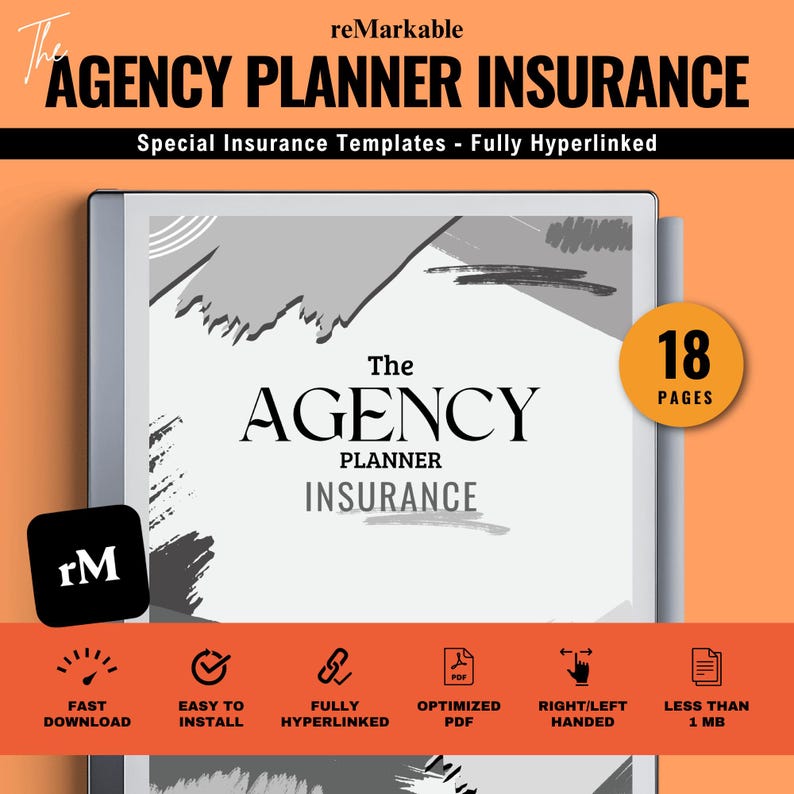When it comes to applying for insurance, many of us focus on things like coverage options, premiums, and deductibles—but there’s another piece of the puzzle that often goes overlooked: background checks. You might wonder, “What does my history have to do with my insurance eligibility?” As it turns out, quite a bit! Background checks help insurers get a clearer picture of risk, influencing not only whether you qualify for a policy but also the rates you’re offered. In this post, we’ll explore how these checks work, what they reveal, and why they play such an important role in shaping your insurance experience. Whether you’re buying health, life, auto, or home insurance, understanding the background check process can help you navigate your options with confidence. Let’s dive in!
Table of Contents
- Understanding the Role of Background Checks in Insurance Approval
- What Insurers Look for Behind the Scenes
- How Your Background Information Affects Policy Rates and Coverage
- Tips to Improve Your Eligibility Before Applying for Insurance
- To Conclude
Understanding the Role of Background Checks in Insurance Approval
Insurance companies rely heavily on background checks as a key factor in assessing risk and determining eligibility. These checks dive into various aspects of an individual’s history, including financial behavior, criminal records, driving history, and even employment stability. By analyzing this information, insurers can tailor coverage options and premiums that reflect the true level of risk posed. This process helps maintain a fair and balanced marketplace where responsible clients are rewarded, and potential risks are managed effectively.
Common elements reviewed during background checks include:
- Credit Scores: Indicate financial responsibility and predict claim likelihood.
- Claims History: Past insurance claims can signal risk or potential fraud.
- Criminal Records: Certain offenses may impact insurance eligibility or premiums.
- Driving Records: Speeding tickets or accidents directly influence auto insurance rates.
- Employment Background: Job stability can be a factor in long-term insurance policies.
Ultimately, understanding how these elements interplay helps applicants better prepare and improve their chances of securing insurance that suits their needs and budgets.
What Insurers Look for Behind the Scenes
When you apply for insurance, it’s not just your application form that gets reviewed. Insurers dig deeper to get a full picture of your risk profile. This means they scrutinize your financial history, past claims, and sometimes even your lifestyle choices. These factors help them decide not only if you qualify, but also what your premiums will be. Don’t be surprised if they check public records or perform a credit check — these are standard parts of their decision-making toolkit.
Behind the scenes, insurers focus on several key aspects that shape your eligibility:
- Credit History: A solid credit record often signals financial responsibility, which is attractive to insurers.
- Claims History: Frequent past claims can indicate a higher risk, potentially leading to higher premiums or denied coverage.
- Criminal Records: Certain offenses might impact your eligibility, especially for specific types of insurance.
- Employment Status: Stable employment can be a green flag for insurers, reflecting steady income and low risk.
How Your Background Information Affects Policy Rates and Coverage
Your personal history plays a crucial role in determining the kind of insurance you qualify for and the rates you’re offered. Insurers dive deep into your background to assess risk, from your credit score and claim history to your employment and residential details. This approach ensures they’re tailoring policies that reflect your specific situation rather than taking a broad-brush approach. For example, a clean driving record or stable employment can often translate into lower premiums and more extensive coverage options.
It’s important to recognize which factors commonly influence policy decisions, such as:
- Claims history: Frequent claims might signal higher risk
- Creditworthiness: A solid credit score often correlates with responsible behavior
- Residency and location: Certain areas naturally carry more risk due to crime rates or weather
- Job stability: Employment history can hint at financial reliability
Understanding these can empower you to present your background in the best light possible, potentially unlocking better rates and more tailored coverage that matches your needs.
Tips to Improve Your Eligibility Before Applying for Insurance
Before submitting your insurance application, taking proactive steps can significantly boost your chances of approval. Start by reviewing your credit report and background records to identify any discrepancies or outdated information that might unfairly impact your eligibility. Clearing up inaccuracies and settling outstanding debts will reflect well when underwriters evaluate your profile. Additionally, maintaining a clean public record and avoiding any legal complications can prevent red flags during background checks, giving you an edge in the approval process.
Simple lifestyle changes can also make a difference. Consider adopting healthier habits, like quitting smoking or reducing risky behaviors, which insurance providers often view favorably. Keeping consistent employment and demonstrating financial responsibility through steady income and savings also contribute positively. Below are a few practical tips to keep in mind:
- Dispute and correct any inaccuracies found in your background or credit reports.
- Settle outstanding loans or debts prior to applying.
- Maintain a clean legal record by avoiding any criminal offenses or litigation.
- Adopt healthier lifestyle choices to improve risk assessment.
- Keep steady employment and income to demonstrate financial stability.
To Conclude
Thanks for sticking with me through this deep dive into how background checks can influence your insurance eligibility. It might seem like a lot to take in, but understanding this process puts you in the driver’s seat when navigating insurance options. Remember, these checks aren’t just about catching the bad stuff—they’re about helping insurers assess risk fairly so you can get the coverage you need. Armed with this knowledge, you can approach your next insurance application with confidence and maybe even spot opportunities to improve your eligibility. If you found this helpful, feel free to share it with friends and family who might be in the same boat. Till next time, stay informed and stay covered!





